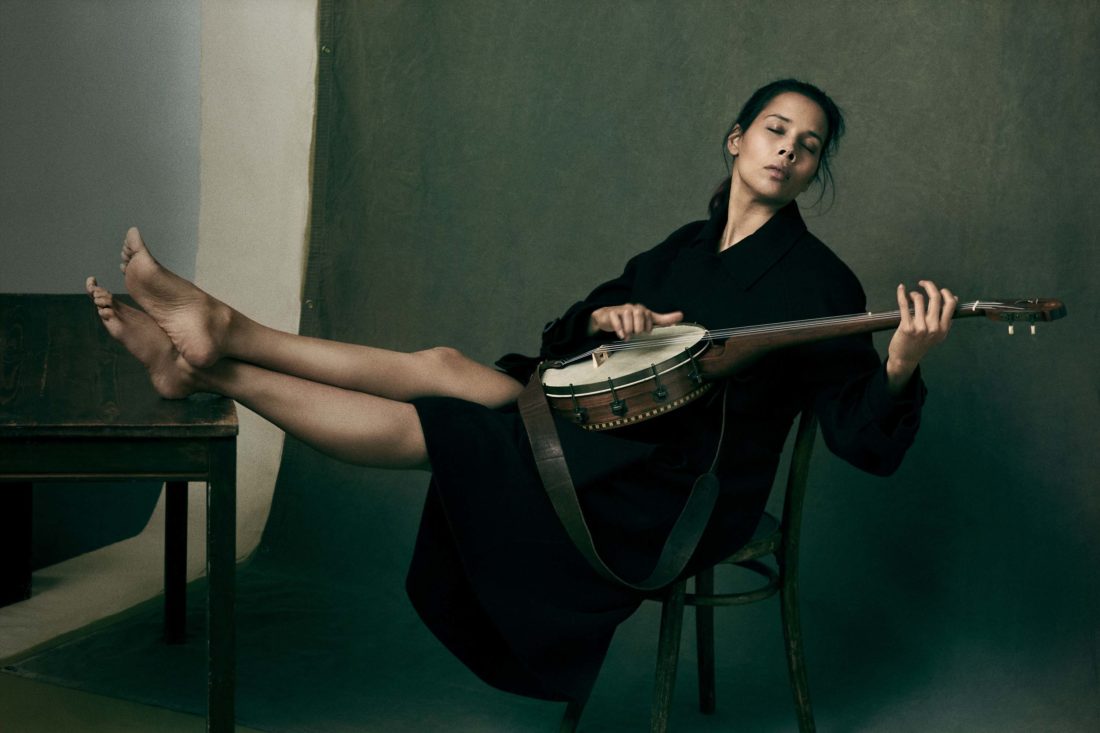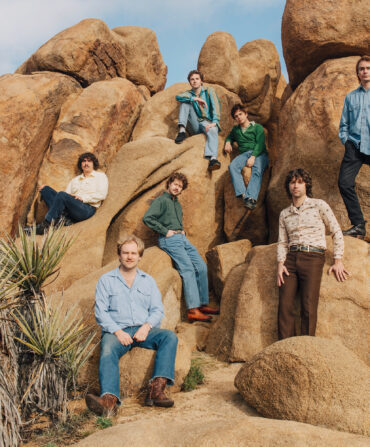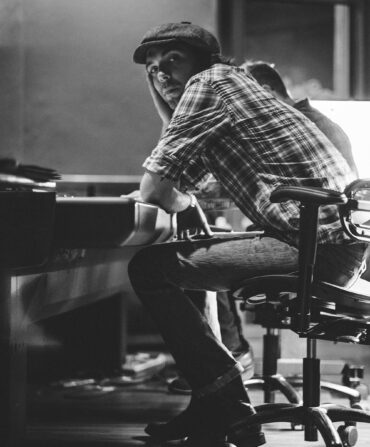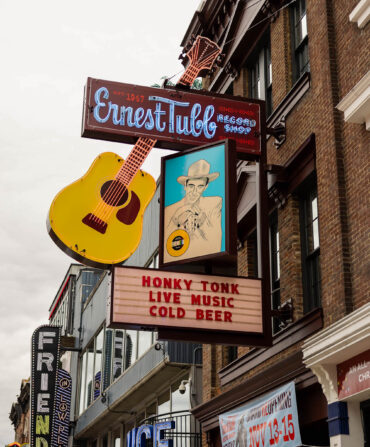Long before she ever picked up a banjo, or won a Grammy, or received a MacArthur Fellowship, an eight-year-old named Rhiannon Giddens wanted to travel through time. She lived with her grandparents in rural North Carolina, where she liked to make up songs, and she spent many afternoons devouring fantasies inspired by European history. Much as she loved the magic and drama of these tales, she couldn’t bring herself to care about kings and battles. She wanted to know more about the people outside the castle walls—what they ate, what they wore, how they lived—than the wealthy damsels weeping in the turrets.
Giddens’s grandmother recounted her own haunting memories of a bygone era: the West Virginia coal-mining camps of the mid-twentieth century, where accidents sent the screams of doomed men resounding through the mountains. Her mother, too, described what it had been like as an African American woman born into the segregated South.
Giddens soon learned that history washed over the present like a slow, hushed tide. She didn’t need magic to travel into the past; all she had to do was listen.

In the years to come, her curiosity about the lives of others would draw Giddens away from her first love, classical voice training (she studied opera at Oberlin Conservatory of Music), and toward the rich narratives of folk, blues, gospel, and country music. “Songs are historical artifacts,” she says. “If we look at them in the correct context and really do the work around them, we can reap a lot of benefit from that.”
Now forty-three, Giddens is best known as a founding member of the Carolina Chocolate Drops, an old-time string band credited with reviving interest in traditional black banjo music. But she focuses much of her solo work on exhuming history’s buried voices. “At the Purchaser’s Option,” the opening track of her 2017 album, Freedom Highway, for instance, was inspired by an advertisement for a young enslaved woman and her nine-month-old baby that was posted in the 1830s. Last spring, Giddens and her partner, Francesco Turrisi, wrote the music for the Nashville Ballet’s Lucy Negro Redux, which was based on a collection of poems reimagining the “Dark Lady” of Shakespeare’s sonnets. And for several years Giddens has been working on a musical theater production about the 1898 Wilmington massacre, in which a mob of violent white supremacists staged a coup d’état against the city’s black leadership, killing dozens, if not hundreds, of people.
Her latest project, commissioned in 2017 by Spoleto Festival USA to premiere there in May, is even more ambitious. With the help of Michael Abels, the award-winning composer behind Jordan Peele’s Get Out and Us, Giddens has written both the score and the libretto for an opera, called Omar, based on the autobiography of Omar Ibn Said, a Muslim scholar who was enslaved after being kidnapped from his home in West Africa and put on a ship bound for Charleston in 1807. He escaped soon after and traveled to near Fayetteville, North Carolina, where he was recaptured and lived the rest of his life in bondage. His account, composed in 1831 and now housed in the Library of Congress, is the only known narrative by a person enslaved in the United States to have been written in Arabic.
Despite all the years she spent studying operas and performing in them, Giddens was at first daunted by the prospect of writing her own. Said’s autobiography is a short chronicle laced with lines from the Koran and contains only a handful of personal details. Giddens worried she didn’t know enough about the world he came from to bring him to life, even after conducting extensive historical research and meeting with experts at the Smithsonian’s National Museum of African American History & Culture. “I’m not a scholar,” she says. “I can’t read the Koran in Arabic. I have to just do what I can do.”
Some of the story emerged naturally, with Giddens weaving traditional West African musical elements and early American tunes into a larger classical structure. There was no need for love plots or tragic deaths, the hallmarks of other operas, and most of the libretto flowed from Giddens’s love of poetry, which she writes regularly. But the ending was trickier, because it required that Giddens, as inventor of this small universe, answer one question: What was her protagonist looking for?
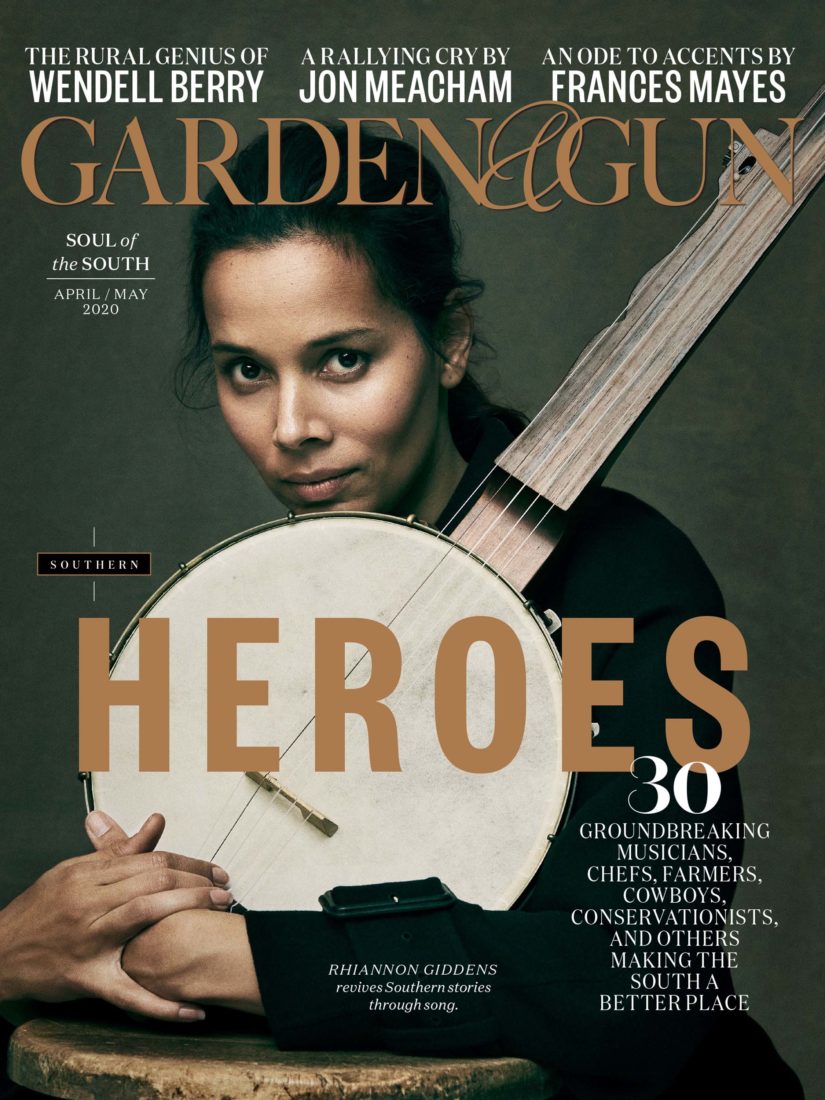
Finally, it came to her. This small, erudite, and highly devout man named Omar, who came from a respectable family and built a focused intellectual life until he was almost forty, spent more of his time on earth in slavery than in freedom. His captors called him Morro. Historians believe he never married or had a family. The loneliness he must have felt, even among his fellow enslaved Africans, would have been all the more desperate because he spoke and wrote Arabic, which few others did. But his language and faith meant so much to him that, when he was confined in the Fayetteville jail, he used bits of charcoal and ash to write pleas for his freedom in Arabic on the wall of his cell.
What would anyone in his position be looking for?
“He’s trying to figure out, like the rest of us: Why?” Giddens explains. “He did everything he was supposed to do. Why was he captured? Why was he put through this horrible thing?” At the same time, “look at what he went through and what he was able to do. He had to make the old parts of his life fit in with his new life in ways that would keep him alive, spiritually and physically.” For Giddens, the parallels to what is happening today, with migrants and refugees being separated from their families around the world, are unmistakable.
In the first episode of Aria Code, the opera podcast Giddens hosts in partnership with the Metropolitan Opera, WNYC Studios, and WQXR in New York City, she describes an aria as “one singer stepping forward with something they just have to share.” Which is not so different from what Omar Ibn Said was doing, writing an account he never knew anyone would read, but sending it into the world like a message in a bottle all the same.
And that is what keeps Giddens digging into the past to resurrect the forgotten and to bring their struggles onto the modern stage. She has taken one of the Gullah Geechee proverbs she came across in her research as something of a personal mission statement:
Take care of the roots to heal the tree.
MEET MORE SOUTHERN HEROES
Next: Ronald Kendall | Full list: See all 30 heroes


